When Legends Need Heroes: Angel Reese’s Midnight Rush to Shaquille O’Neal’s Side
In the early hours of what would become one of the most emotionally charged nights in recent sports history, news began to circulate through social media channels and private phone calls that Shaquille O’Neal, the towering figure who had dominated basketball courts and entertainment stages for decades, had been rushed to a hospital with what medical sources would later describe as a life-threatening condition that required immediate and intensive medical intervention.
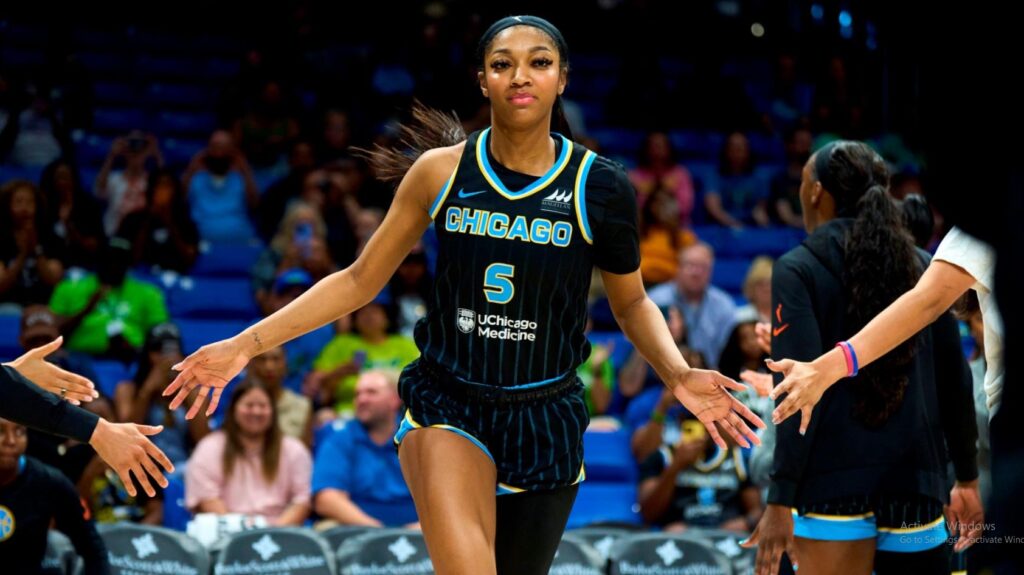
The shockwaves that rippled through the sports community were immediate and profound, as fans, former teammates, colleagues, and fellow celebrities struggled to process the reality that someone who had seemed invincible throughout his legendary career was now fighting what many feared could be his most challenging battle yet, one that would be waged not on hardwood floors but in sterile hospital corridors under the harsh fluorescent lights of medical emergency rooms.
While millions of people around the world were sending thoughts, prayers, and well-wishes through digital platforms and social media posts, expressing their concern for the man who had brought them countless hours of entertainment both as a dominant force in the NBA and as a charismatic personality in the world of television and business, only one person made the immediate decision to abandon everything she was doing and race through the darkness of night to be physically present at his bedside.
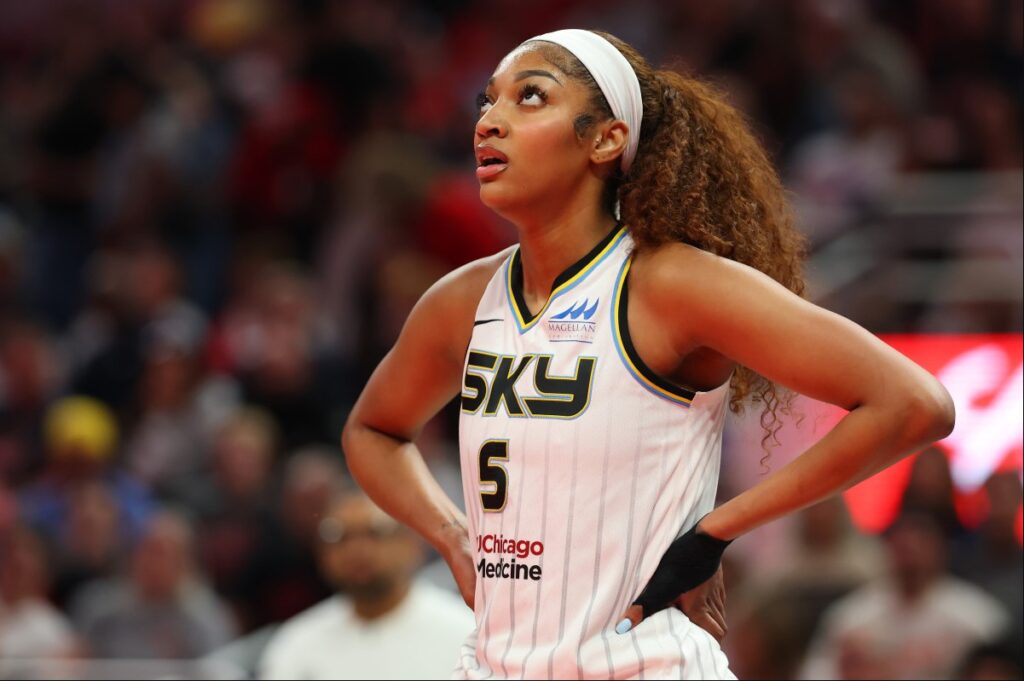
Angel Reese, the Chicago Sky forward whose own journey through professional basketball had been marked by both triumph and tribulation, received the devastating news while she was in the middle of what had been a routine evening, but without hesitation or consideration for her own schedule, commitments, or personal comfort, she immediately gathered her belongings and began the urgent journey to the hospital where Shaquille O’Neal lay fighting for his life.
To understand the profound significance of Angel’s immediate response and her willingness to drop everything for this midnight hospital dash, one must first comprehend the unique relationship that had developed between these two basketball figures who, despite their different generations and career paths, had formed a bond that transcended the typical mentor-mentee dynamic found throughout professional sports.
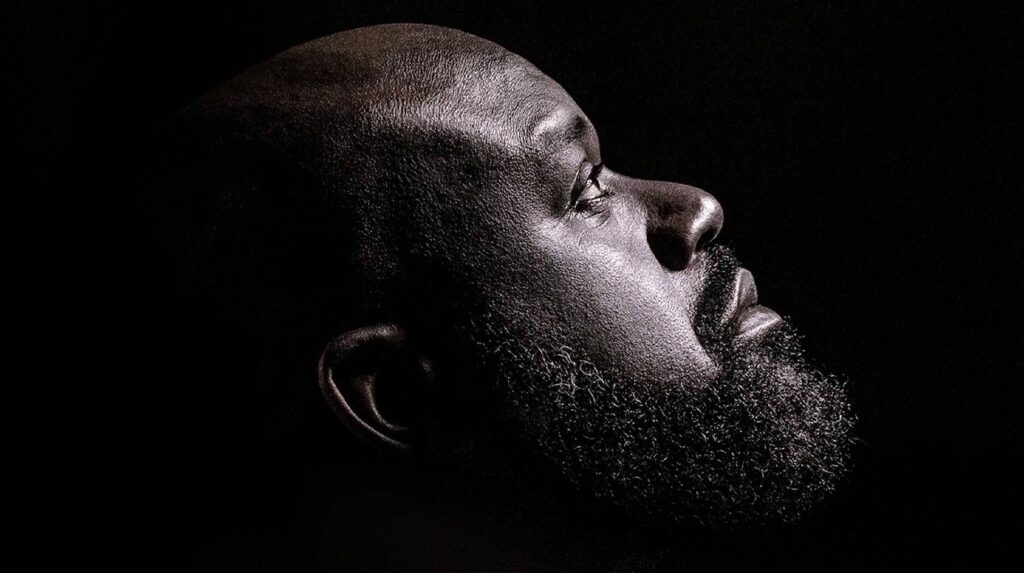
For the broader public and the millions of basketball fans worldwide, Shaquille O’Neal represents the embodiment of athletic dominance and entertainment prowess, a larger-than-life figure whose four NBA championships, fifteen All-Star selections, and countless memorable moments on and off the court had cemented his status as one of the greatest players ever to grace the hardwood and one of the most beloved personalities in American sports culture.
However, for Angel Reese, Shaquille O’Neal’s significance extends far beyond his impressive statistical achievements and his entertainment value, reaching into the deeply personal realm of mentorship, protection, and unwavering support during some of the most challenging and publicly scrutinized moments of her own emerging career as a professional athlete navigating the complex landscape of modern sports celebrity.
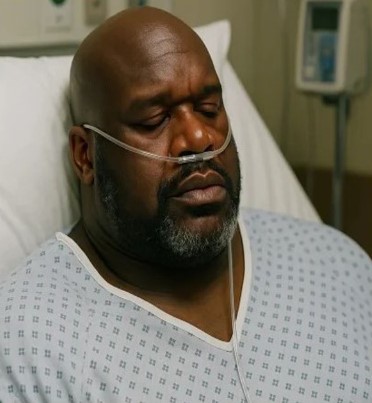
When Angel faced the relentless barrage of criticism, social media harassment, and public scrutiny that had threatened to overshadow her athletic accomplishments and personal growth, it was Shaquille O’Neal who stepped forward as her defender and advocate, using his considerable platform and influence to shield her from the worst aspects of public opinion and to provide her with the emotional and professional support necessary to continue pursuing her dreams.
In those crucial moments when the weight of public criticism and social media negativity could have easily crushed the spirit of a young athlete trying to establish herself in the professional ranks, Shaquille O’Neal served as both a protective barrier against the harsh winds of public opinion and as a guiding voice encouraging her to remain true to her authentic self regardless of external pressures.
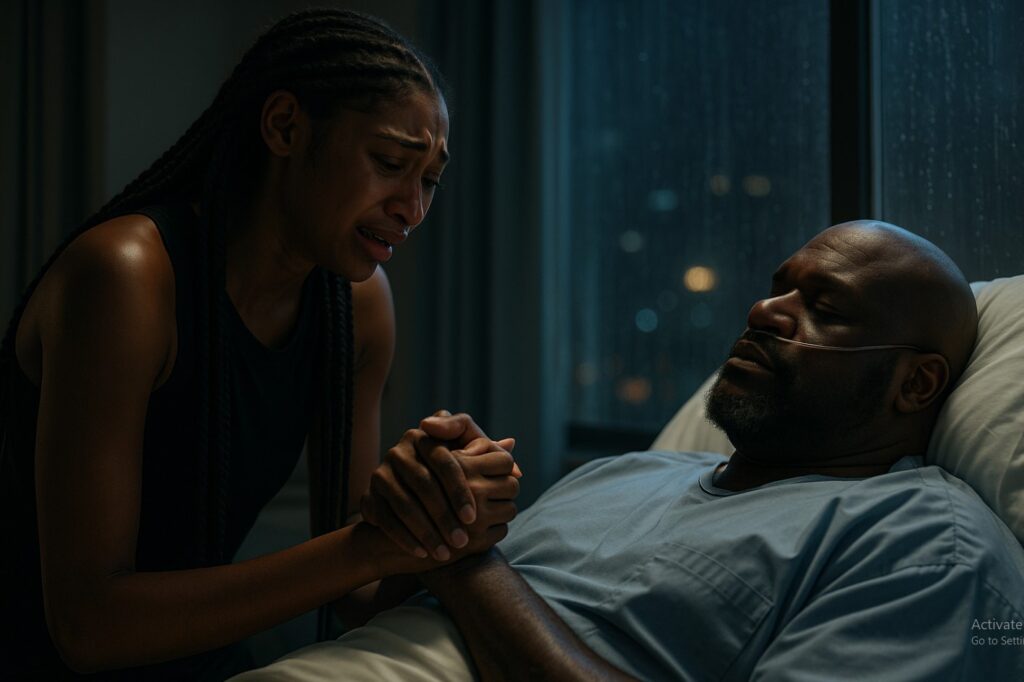
His intervention during her most vulnerable moments was not merely the casual support of one athlete for another, but rather the deliberate and sustained effort of someone who recognized her potential and was willing to invest his own reputation and social capital in ensuring that she had the opportunity to flourish as both a player and as a person without being destroyed by forces beyond her control.
Now, as the roles had suddenly and dramatically reversed, Angel Reese found herself in the position of being the one offering support, comfort, and presence to someone who had given her so much during her own times of need, demonstrating the cyclical nature of human relationships and the way that acts of kindness and protection often come full circle in unexpected ways.
Her decision to abandon her own comfort and security to rush through the night toward an uncertain medical situation reflects not only her personal loyalty and gratitude toward someone who had been instrumental in her development, but also her understanding that true friendship and mentorship require reciprocal commitment and the willingness to be present during life’s most difficult and frightening moments.
As Angel Reese sat in that hospital waiting room, surrounded by the antiseptic smell and the constant hum of medical equipment, she embodied the profound truth that sometimes the greatest victories in life are not measured in points scored or games won, but in the quiet moments when we choose to stand beside those who have stood beside us, offering our presence as the most valuable gift we can provide during times of crisis and uncertainty.